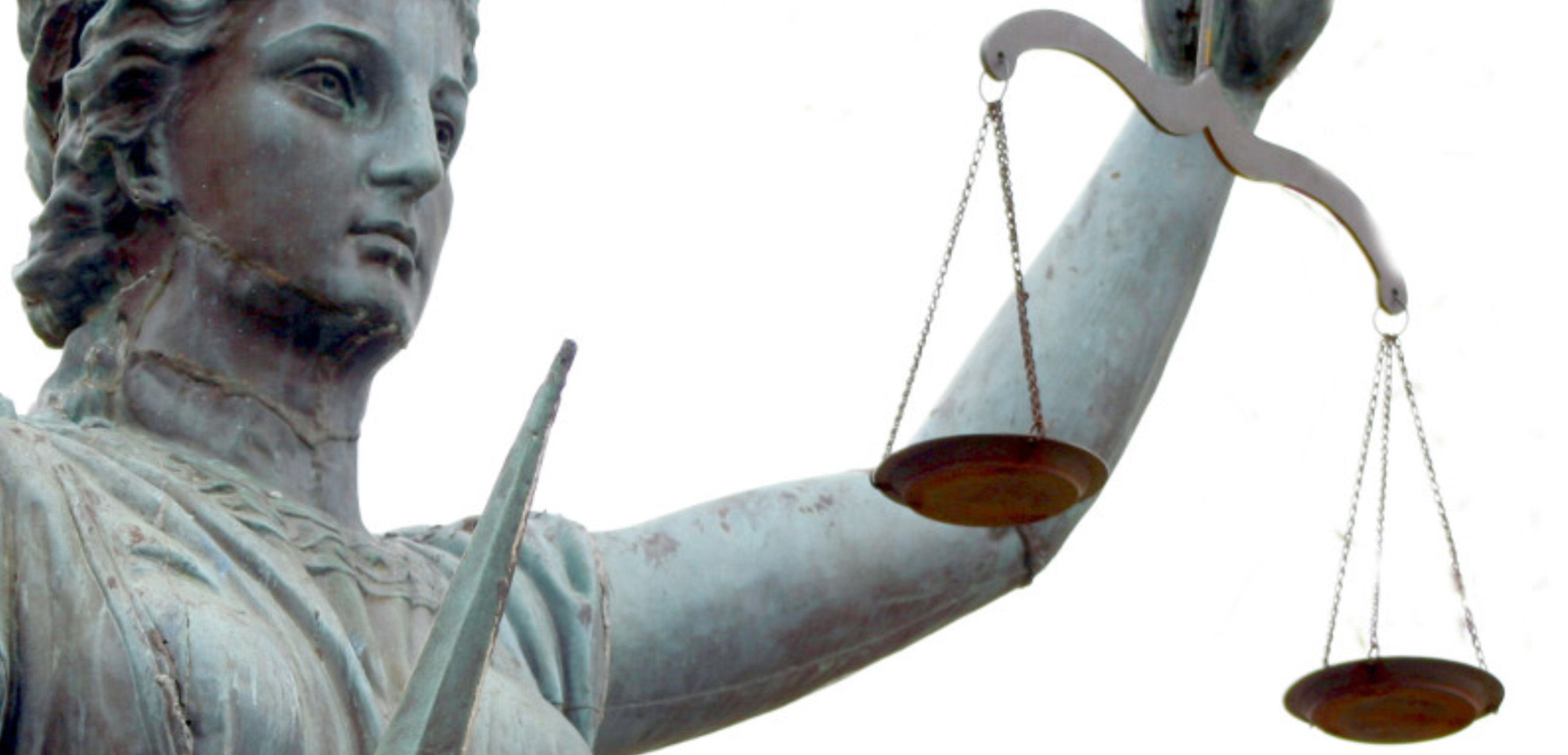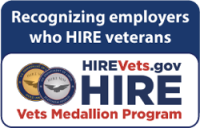How conflicts of interest impact the work of a Private Investigator
There are many variations on the definition of a “conflict of interest.” According to the Business Dictionary, a conflict of interest is “a situation that has the potential to undermine the impartiality of a person because of the possibility of a clash between the person’s self-interest and professional interest.”
In an effort to avoid this impartiality, many professions have adopted rules surrounding conflicts. A law firm, for example, cannot represent both the plaintiff and the defendant in a lawsuit. This is true even if two different lawyers within the firm represent the respective parties.
Doctors are likewise prohibited from engaging in conflicts of interest. For instance, a doctor cannot accept a large gift from a drug company in exchange for increasing prescriptions of that company’s drugs. These rules make sense and they are good for the consumers of these professions. It is not surprising that doctors and lawyers are constrained by extensive professional rules concerning conflicts.
Generally speaking, private investigators are not subject to detailed regulations concerning conflicts of interest. For example, in North Carolina, our professional organization (the North Carolina Association of Private Investigators) has one line about conflicts in its Code of Ethics. It requires Private Investigators to “refrain from accepting an assignment or employment if a personal conflict of interest lies therein.”
Given this lack of detailed guidance within our profession, we thought we should make an attempt to define for our clients how Vaudra International avoids conflicts of interest. Ultimately, we settled on three key principles: (1) avoid self-interest; (2) avoid harming clients; and (3) avoid harming business relationships. Here’s how we interpret those concepts.
Avoid Self-Interest
In our view, a private investigator should never accept an engagement if his own self-interest would conflict with that of his client. Let’s say, for example, there are just three companies in the entire world that manufacture and sell widgets – Company A, Company B, and Company C. Company A comes to us and asks us to investigate alleged trade secret theft by Company B. What the client doesn’t know, however, is that we own 50% of the stock in Company C.
Obviously, if we take down Company B for trade secret theft, there would only be two players left in the market. Both would likely experience substantial increases in revenue due to decreased competition. Given that both our client and ourselves would benefit from the take-down, what’s the problem?
The problem lies in the fact that when the case goes to trial, the evidence we’ve collected may be tainted by our self-interest. A sharp defense lawyer could argue that all the evidence we collected should be deemed inadmissible because we lacked impartiality during our investigations. Indeed, they would likely argue that we had a financial interest in falsifying evidence to bolster Company A’s case.
Obviously, this is an extreme example but it illustrates the point. If we engage in a matter that has the potential to benefit us financially (aside from normal compensation for services, of course), we run the risk of jeopardizing our client’s case. We will not do this.
Avoid Harming Clients
From a conflict of interest standpoint, it is equally important that we avoid harming current or past clients. To use the prior example, let’s say Company A came to us and asked us to investigate trade secret theft by Company B. This time, however, the conflict lies in the fact that we handled a prior engagement for Company B – specifically, we investigated its suspicions that Company C was infringing one of its patents. In this example, assume we have no financial interest in any of the three companies.
During our prior engagement, we got to know Company B, its employees, and its widget-manufacturing processes extremely well. We know who is in charge of trade secrets, product development, and process innovation. We know that Company B has a secret research and development laboratory in Nashville and we know precisely how they keep and store R&D notes.
All of this information would be extremely helpful to the investigation Company A is proposing. Of course, we cannot take the engagement because to do so would hurt our past client, Company B. Without a doubt, we must reject the engagement.
Avoid Harming Business Relationships
Finally, we believe in preserving our valued business relationships. We recently had a situation where a new client sought to hire us on a sizable intellectual property investigation. As we delved into the details of the case, however, we realized that the party they wanted us to investigate was represented by a law firm we do business with frequently (for purposes of this example, we’ll call them “Law Firm”). We could not accept the case.
For one thing, we understood that taking the engagement could potentially harm our relationship with Law Firm – one that we have cultivated for years. Just as importantly though, the possibility existed that our prior relationship with Law Firm could jeopardize our new client’s interests. Specifically, after working with us for so long, many of Law Firm’s attorneys know how we approach an IP case. They know the investigation tactics we use, the identification of our investigators, and our general modus operandi. In light of all that, the situation seemed bad for all parties.
In truth, we are faced with permutations of these scenarios regularly. Fortunately, so long as we make decisions about new engagements using our three guiding principles, we believe our clients are well protected from harmful conflicts of interest.



